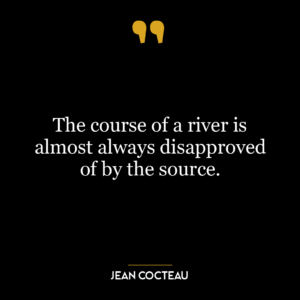This quote emphasizes the importance of pacing in the process of change, particularly in the context of societal norms and values, referred to as ‘mores’. It suggests that any attempt to bring about change must align with the pace at which people are able to accept and adapt to it. If change is forced too rapidly, it may lead to resistance, conflict, or confusion.
The quote underlines the idea that change is a gradual process, requiring patience and understanding of the human capacity to adapt. It highlights the need for a delicate balance between pushing for progress and respecting the time it takes for people to internalize new norms.
In today’s world, this idea is particularly relevant in the context of social, political, and environmental changes. For instance, while it’s crucial to push for gender equality, climate change mitigation, or racial justice, it’s equally important to recognize that these changes challenge long-standing beliefs and behaviors. Therefore, they require time for people to understand, accept, and adapt to.
In terms of personal development, the quote suggests that self-improvement also requires patience and understanding of one’s own capacity for change. For instance, if someone tries to change their lifestyle habits too quickly – such as incorporating a rigorous exercise routine overnight or drastically changing their diet – it may result in burnout or failure. Sustainable change usually happens step by step, allowing time for the individual to adjust and accept the new routines or habits.
Therefore, whether in societal or personal contexts, this quote serves as a reminder that while change is important and necessary, it should be paced in line with the capacity for acceptance and adaptation.










